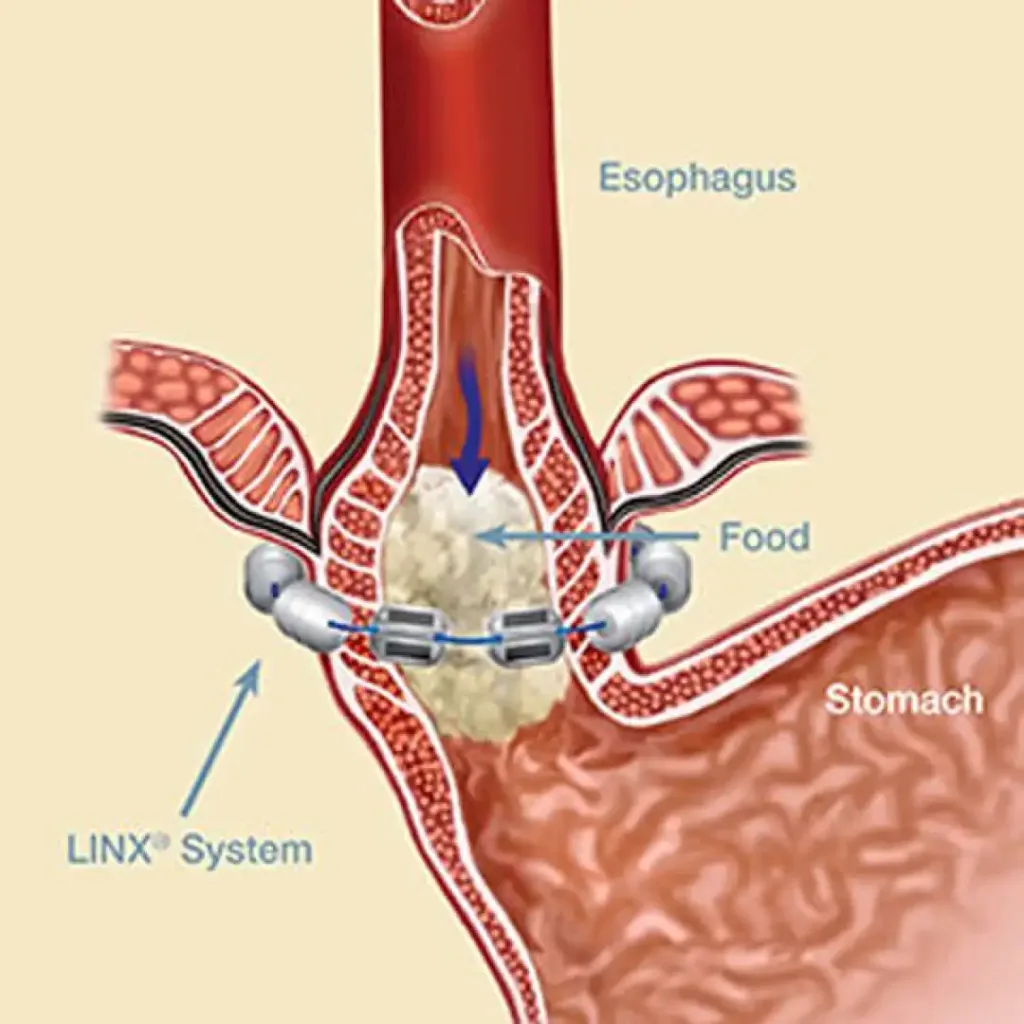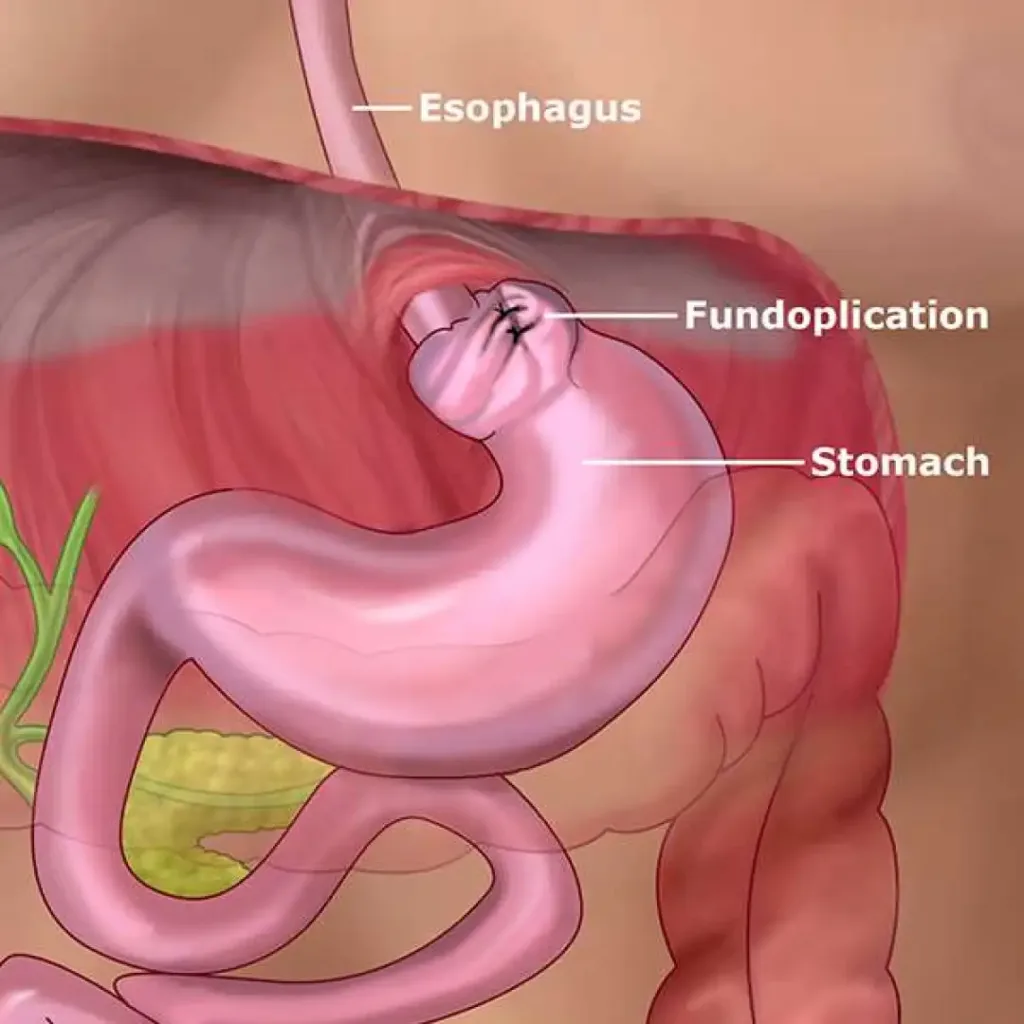Conditions
Inflammatory bowel disease (IBD)
IBD stands for Inflammatory Bowel Disease, which is a group of chronic disorders that cause inflammation of the digestive tract, including the large intestine (colon) and small intestine (small bowel). The two most common forms of IBD are Crohn’s disease and ulcerative colitis.
Crohn’s disease can affect any part of the digestive tract from the mouth to the anus, while ulcerative colitis affects only the colon. The symptoms of IBD can vary from person to person, but may include diarrhea, abdominal pain, weight loss, fatigue, and rectal bleeding. In severe cases, IBD can lead to malnutrition and other health problems.
The exact cause of IBD is not known, but it is believed to be a combination of genetic and environmental factors, including an abnormal immune response to the normal bacteria in the gut. There is no cure for IBD, but various treatments, including medication, surgery, and dietary changes, can help manage symptoms and prevent flares.







